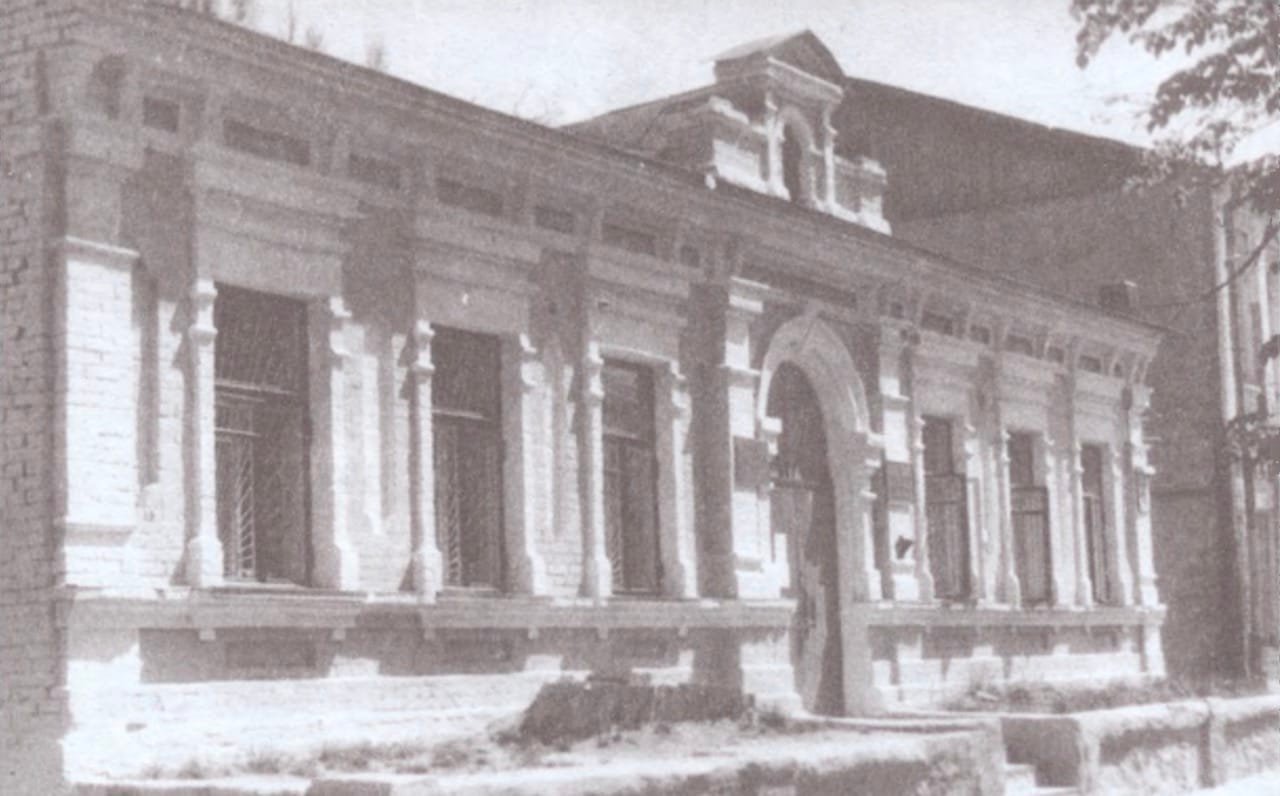In the Shevchenkivskyi District of the capital, a developer has taken action against a cultural heritage site
In Lukyanivka, a unique architectural monument—the Bakkalynskyi family estate—may soon disappear. This building has stood for over a century, yet someone believes that a modern office center is far more valuable than the historic house.
What’s at stake? “Kashtan NEWS” investigated.
Historical Background
The Bakkalynskyi mansion is a monument of architecture from the late 19th to early 20th centuries. It was constructed between 1899 and 1901 on Yuriy Illienko Street, 30. The estate is a valuable example of residential development in the capital's Lukyanivka and is considered the last preserved instance of single-story residential construction from the former Velyka Dorohozhytska Street.

The story of the building's construction began when, in 1899, an undeveloped plot of 0.22 hectares was purchased for 3,426 rubles by Philip Stepanovych Bakkalynskyi, a retired lieutenant colonel from Kyiv region. He was to build a brick house within five years. As a result, the building emerged in a neoclassical style, T-shaped, single-story, with elaborate decor and a wooden mezzanine facing the courtyard.
After the owner's death, the mansion belonged to his descendants—Fedor Bakkalynskyi, an official of the Excise Administration, and later to his son, an epidemiologist. However, during the Soviet era, the house was nationalized and housed various institutions.
To Protect and Not to Destroy
The path to granting the estate protective status was not easy. Since 2006, by decision of the Main Department for the Protection of Cultural Heritage of the Kyiv City State Administration, the building was designated as a newly discovered architectural monument. However, in 2012, the Ministry of Culture of Ukraine refused to grant the Bakkalynskyi mansion state protective status.
This refusal negatively impacted the building's future. On April 22, 2021, the Kyiv City Council passed a resolution to transfer the land on which the monument is located to the company LLC “Amelin-30” for development.
 0
0 However, after some time, under public pressure, documents were resubmitted to obtain protective status for the estate. Interestingly, the Department for the Protection of Cultural Heritage of the Kyiv City State Administration displayed notable ingenuity and finally granted the building monument status in April 2021, subsequently including it in the Register of Cultural Heritage Sites of the city.
After that, the Kyiv City Council decided to amend its previous resolution regarding the lease of the plot and to change the word “construction” to “restoration.” Thus, the intended use of the land and the building located on it was altered.
The Beginning of Legal Struggles
Of course, as Kyiv heritage conservationist Dmytro Perov recounts, such actions by the Kyiv City Council did not align with the developer's plans—LLC “Amelin-30”—to construct an office center on the site. Therefore, the company filed a lawsuit requesting the judiciary to annul the Kyiv City Council's decision regarding the protection and preservation of the Bakkalynskyi estate and to uphold the previous decision that permits the construction of the office center.
 1
1 It is worth noting, as Perov points out, that the first instance court—the Economic Court of Kyiv—ruled in favor of the developer. Subsequently, an appeal was filed by the Kyiv City Council and the city prosecutor's office, which is currently under review by the Northern Economic Court of Appeal.
Deliberate or Accidental?
However, there were also “strange” occurrences: on October 24, the next (third) court session was scheduled to take place.
“However, at the last moment, it was postponed,” Dmytro Perov states. “Moreover, it was postponed without a specific date for the next session.”
According to him, this happened about a day before the session when activists called on concerned Kyiv residents to come to the courthouse.
By a strange coincidence, one of the judges had urgent matters that required resolution due to a two-day business trip. And just two days later, this judge was to begin… vacation.
Given this, the court's announcement on the day of the hearing regarding the Bakkalynskyi estate indicated that all cases involving this judge were postponed indefinitely.
As Perov noted, this would have been the third hearing in the case, after which the process would have been moving towards a final decision.
 2
2 The Importance of the Appeal
The review of the appeal is both important and risky.
As Dmytro Perov emphasized, in the appellate court, a decision is made that can only be overturned in a cassation. That is to say, in the Supreme Court. However, there is a small but very significant nuance in this situation: the submission of a cassation complaint does not suspend the effect of the decision of the appellate court.
Thus, Perov explains, the appellate ruling for historical monuments is essentially a final verdict: if the decision on the status of a historical monument is revoked, while you are filing for cassation, the developer or another interested party may destroy the object of the legal dispute.
Yevhen DEM'YANOV